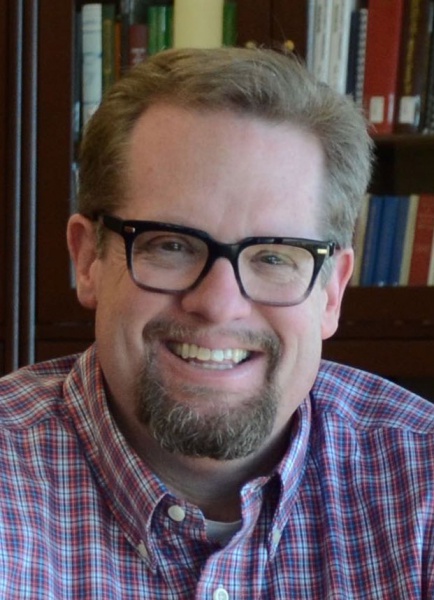You may not have realized it, but Tony Dungy is a heretic. Does the former football player, coach and now TV analyst hold beliefs that are considered heretical by his fellow Christians? No. But his recent doubts about Michael Sam as an NFL player (you’ll recall Sam as the All American college athlete who has publicly announced that he’s gay), caused Dungy to be viewed as a heretic by members of another sect that is gaining adherents at a rapid pace. They are more sure of themselves than ever. Where once they pleaded for tolerance, now they sense that they are gaining the upper hand. “There can be no tolerance for ideas that are wrong,” they explain. And they are thinking it might be time to exercise new power.
Whether the issue is the HHS mandate regarding the provision of contraceptive products or new attitudes regarding same-sex romance and marriage, the group holding what might be called “progressive” attitudes has demonstrated a willingness to push those who disagree into conforming. The Christian florist or baker must be brought to heel, maybe even sent away for sensitivity training. When the U.S. Supreme Court handed down a narrow decision in favor of Hobby Lobby, the secular-progressives howled as though some peasant had failed to remove his hat in the presence of the king.
The issue hasn’t always been sex or bioethics. If we look back into the 20th century, we can see the Soviets persecuting heretics of a different kind. In Russia, the heresy was the idea that the state should be limited or that people should be able to determine their own economic destiny. Some heretics even thought (gasp!) that citizens should be allowed to own property. While they were at it, of course, the Soviets, and the Bolsheviks before them, launched a massive persecution of Christians that heaped up martyrs by the millions.
China under Chairman Mao had heretics, too. These were people who had doubts about The Great Leap Forward and other plans set forth by the great leader who declared that “China has stood up!” Some of the heretics were people like college professors who had to be humbled by being sent out into the rural areas to perform farm labor. Others forgot to place pictures of Mao in their homes in prominent positions. During the Cultural Revolution, packs of enthusiastic teens beat such people, including their once-esteemed elders, with belt buckles for a lack of proper revolutionary attitude. As of this summer, I think a few members of our own revolutionary vanguard may have wanted to take belts off and start swinging at the proprietors of a certain craft store.
The tragic thing is that we all seem to have a tendency to want to marginalize and hound the heretics among us. Deng Xiaoping was sent to a re-education camp by Mao Zedong for his incorrect thinking. You might think he would, in turn, be an advocate for greater freedom of expression. But who authored the outcome at Tiananmen Square? It was none other than Chairman Deng.
I am sorry to say that Christians, who are rapidly becoming the heretics of this age as they were in others, are far from innocent in this regard. They were persecuted terribly as an unacceptable cult in the Roman Empire. When they finally gained acceptance, it was a great deliverance for them. Official tolerance brought freedom. Eventually, there was power. While the first Christian emperor, Constantine, was not a great coercer of others, some of his successors were. And we all know that the experience of the church in the West includes acts of savagery in war and the torment of heretics in times of peace. Sometimes repression is due to a desire to retain power, but all too often we are willing to commit crimes against others because we want to bring the millennium. According to this view, Paradise won’t overtake us unless a few committed people are willing to do whatever it takes (perhaps by any means necessary) to get the job done.
It is one thing to pursue visions of moral and spiritual excellence in a positive fashion. We should feel free to exchange ideas and to persuade one another of the correctness of our views. That is the process by which we attempt to discover truth. But there is a human factor that turns healthy debate toward coercion. It is the penchant we have for finding disagreement and disconfirmation unpleasant and unsettling. We don’t like to hear that others hold a different view. Our understandings of the world are precious to us. It can be especially exciting to have some new view that seems to be enlightened in comparison to the retrograde mindsets of others. We don’t appreciate it when these knuckle-draggers don’t get with the program.
But the temptation is always there to finish the process of converting the group with a little intimidation here, some official marginalization there, and the loss of privileges. Maybe those people shouldn’t be able to run a school or have an important job, or participate in the community in a variety of ways. Brendan Eich, another new heretic who co-founded Firefox and was evicted from his own organization, can tell you all about it.



